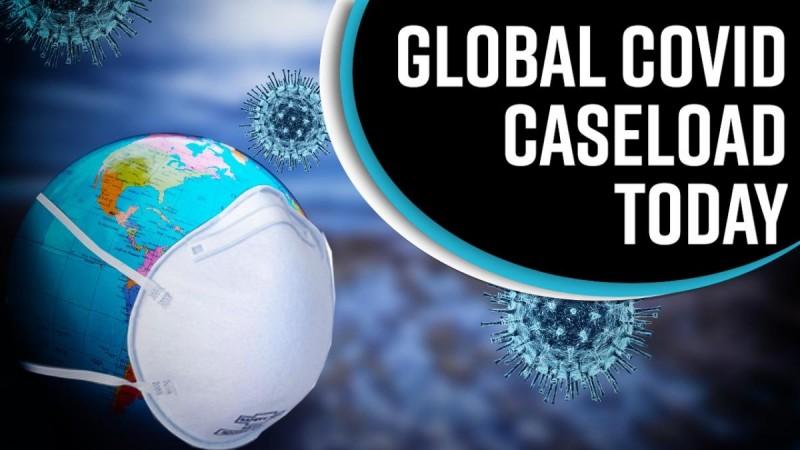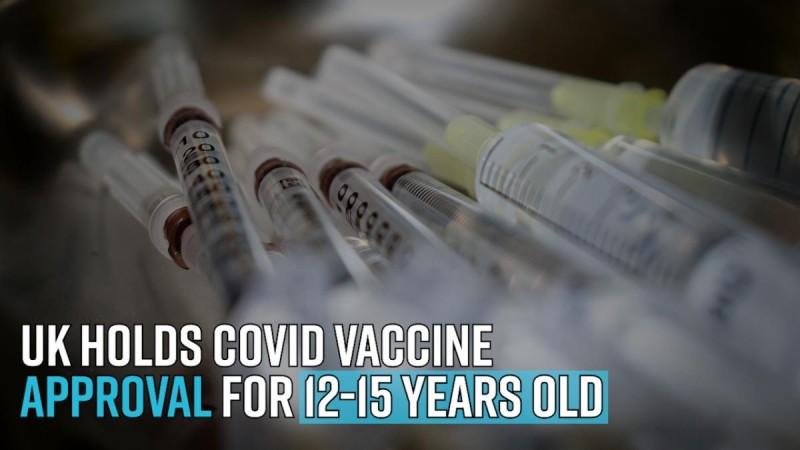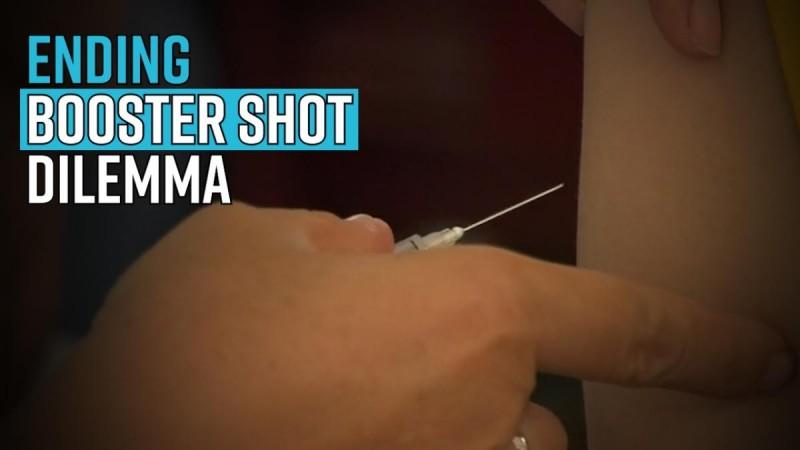The global coronavirus caseload has topped 228.4 million, while the deaths have surged to more than 4.69 million and vaccinations soared to over 5.90 billion, according to the Johns Hopkins University.
In its latest update on Monday morning, the University's Center for Systems Science and Engineering (CSSE) revealed that the current global caseload, death toll and vaccination tally stood at 228,497,223, 4,691,285 and 5,905,689,911, respectively.

The US continues to be the worst-hit country with the world's highest number of cases and deaths at 42,087,282 and 673,763, respectively, according to the CSSE. In terms of infections, India follows in second place with 33,448,163 cases.
The other worst countries with over 3 million cases are Brazil (21,239,783), the UK (7,464,791), Russia (7,170,069), France (7,043,875), Turkey (6,847,229), Iran (5,424,835), Argentina (5,239,232), Colombia (4,941,064), Spain (4,929,546), Italy (4,636,111), Indonesia (4,190,763), Germany (4,149,832) and Mexico (3,564,694), the CSSE figures showed.
Nations with a death toll of over 100,000 are Brazil (590,752), India (444,838), Mexico (271,303), Peru (199,069), Russia (194,671), Indonesia (140,468), the UK (135,539), Italy (130,310), Colombia (125,895), Iran (117,182), France (116,696) and Argentina (114,428).
UK records another 29,612 Covid-19 cases
Another 29,612 people in the UK have tested positive for Covid-19, bringing the total number of coronavirus cases in the country to 7,429,746, according to official figures released Sunday. The country also recorded another 56 coronavirus-related deaths, reports said.
The total number of coronavirus-related deaths in the UK now stands at 135,203. These figures only include the deaths of people who died within 28 days of their first positive test.

The latest data came as the British government announced that a new antibody treatment for Covid-19 will be rolled out to the National Health Service (NHS) patients across the country from next week.
Ronapreve, an antibody cocktail developed by Roche and Regeneron, will be initially used to treat Covid-19 hospital patients who have not developed an adequate antibody response. The antibody cocktail has been shown to reduce hospital stays by four days and cut the risk of death by a fifth.
It will be provided to those without antibodies who are aged 50 and over, or those aged 12 to 49 who are immunocompromised, including people with some types of cancer or autoimmune diseases.
More than 89 per cent of people aged 16 and over in Britain have had their first dose of Covid vaccine and more than 81 per cent have received both doses, the latest figures showed.
To bring life back to normal, countries such as Britain, China, Germany, Russia and the United States have been racing against time to roll out coronavirus vaccines.
Singapore reports 1,012 new Covid-19 cases
Singapore on Sunday reported 1,012 new cases of Covid-19 infection, bringing the total tally in the country to 77,804. Of the new cases, 919 were in the community, 90 in migrant worker dormitories and three were imported cases, Xinhua news agency reported, citing a press release of Ministry of Health (MOH).
A total of 873 Covid-19 cases are currently warded in hospitals. There are currently 118 cases of serious illness requiring oxygen supplementation, and 21 in critical condition in the ICU, said the MOH.

As of Saturday, 82 per cent of the local population has completed two doses of Covid-19 vaccines, and 84 per cent has received at least one dose, according to the MOH.
The ministry also announced on Sunday that it is setting up new community care facilities that provide clinical care to Covid-19 patients who are stable, have mild symptoms and/or are generally clinically well but have underlying conditions that require closer monitoring of their disease course.
This move is taken as Covid-19 cases increase in the country. It is expected to augment Singapore's hospital capacity, so that only those who actually need close and specialized medical attention, such as oxygen supplementation and intensive care, receive their medical care in the hospitals.
Singapore's ICU capacity is still holding up, but the hospitals' accident and emergency departments and general wards are coming under pressure, said Health Minister Ong Ye Kung in a Facebook post on Sunday.
"Our hospitals and healthcare workers cannot be overburdened," he said. "At this point, this is MOH's biggest challenge and we are doing our best to solve this."
"That is why we are encouraging younger, fully vaccinated people to recover from home, and admit patients to community care facilities instead of hospitals, and also setting up more community care facilities, which will be ready this coming week," Ong added.

















